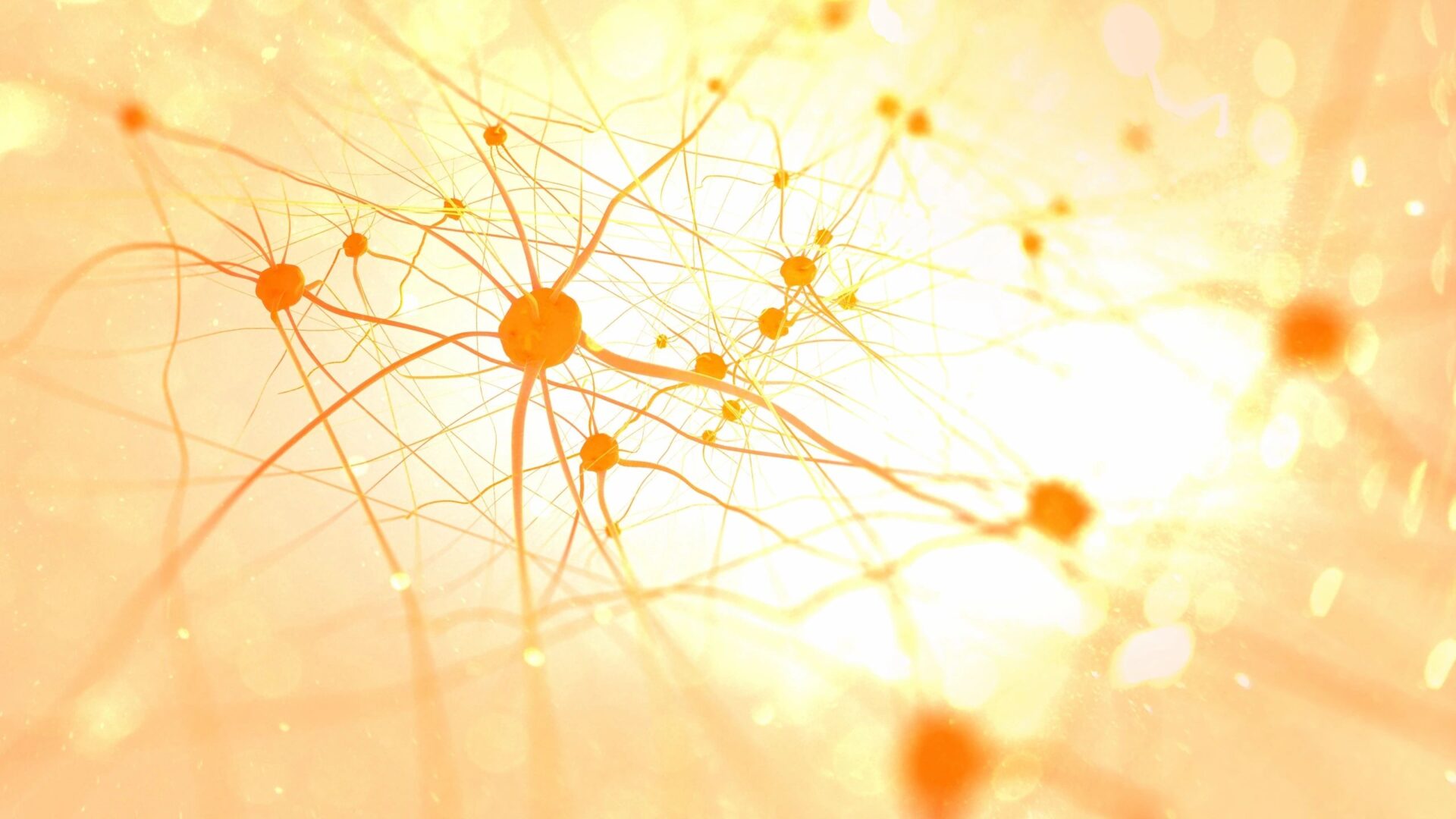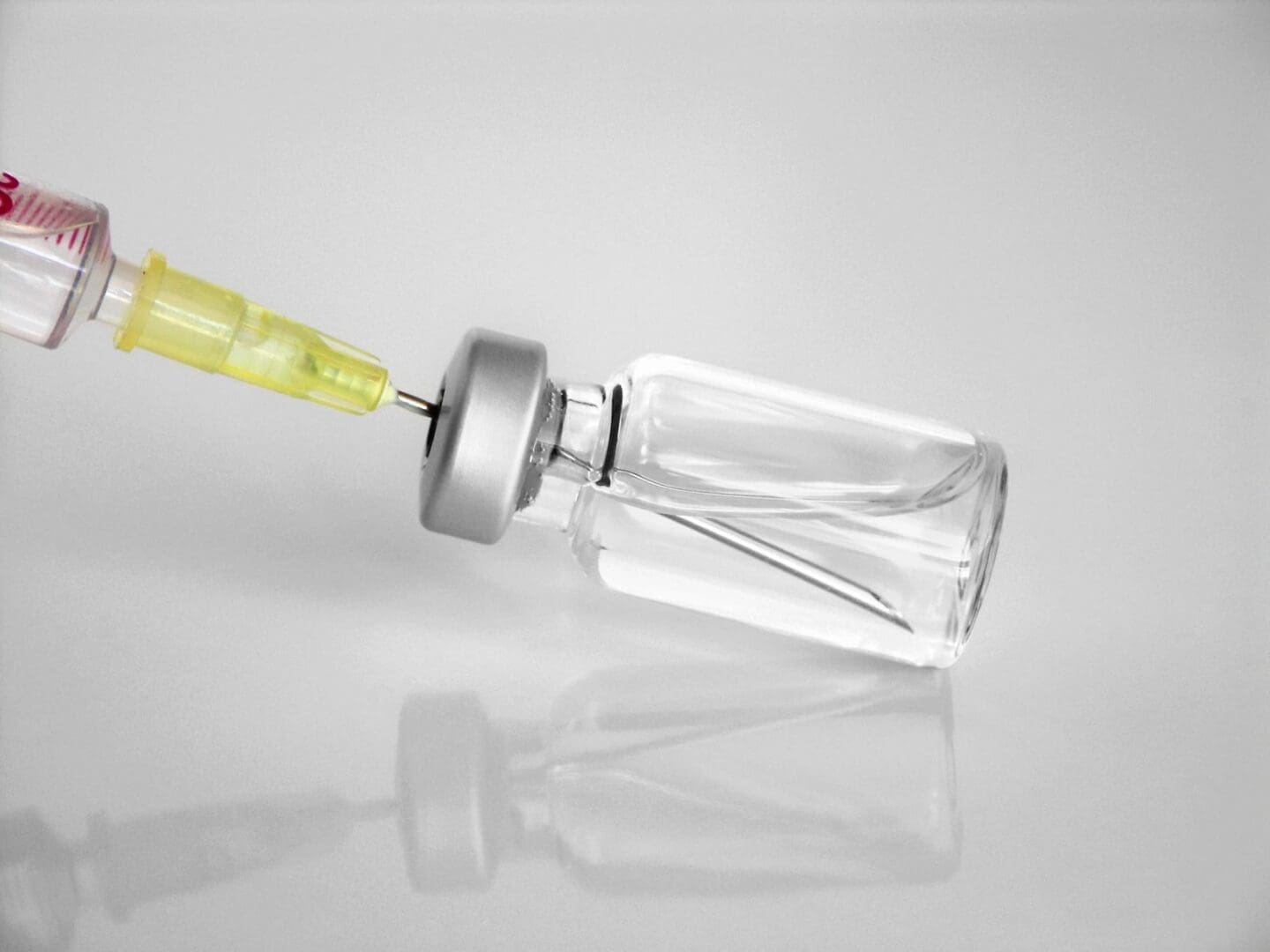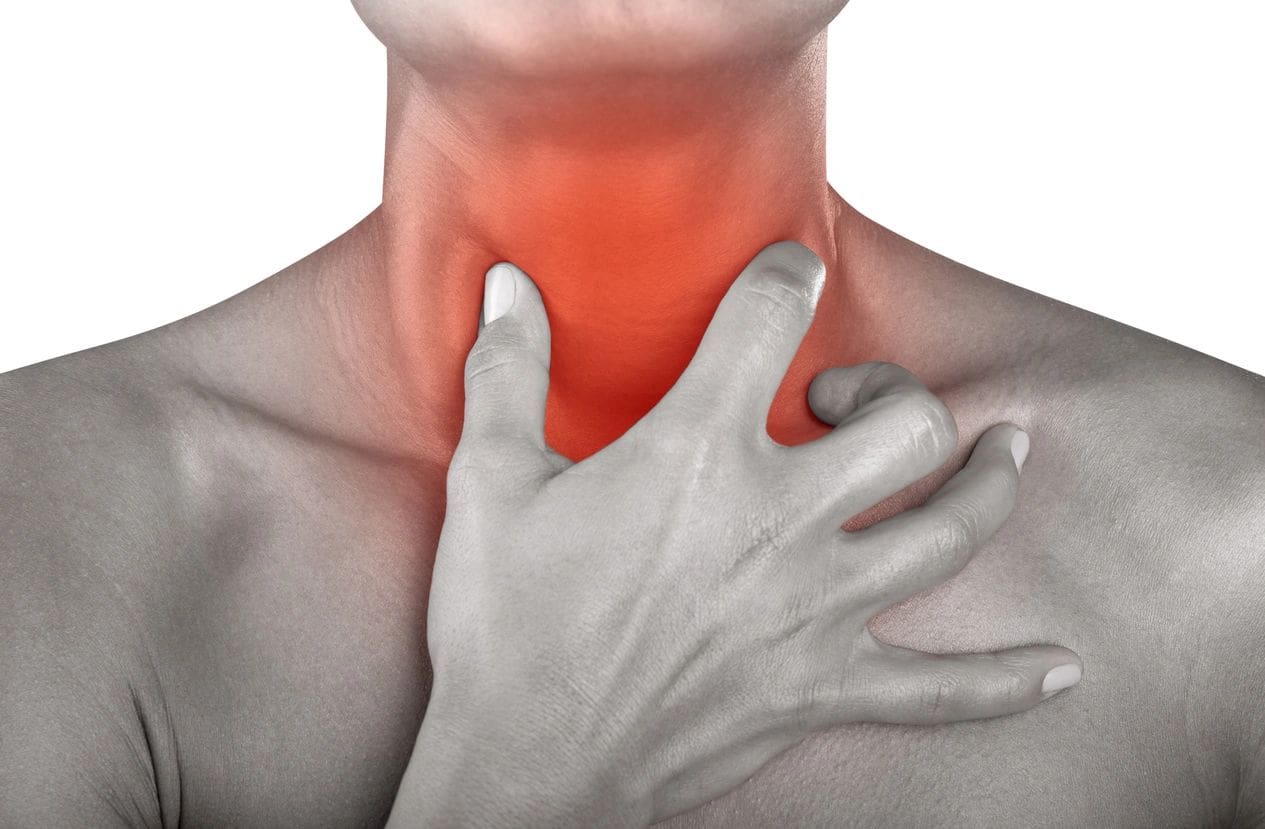
Hormone Replacement Therapy
Staying fit and active is a good way to prolong your life, but it’s not always easy to keep up your stamina as you age.
Working out can be especially challenging if you suffer from hormonal imbalance, and while hormones naturally deplete starting at around age 30, hormone imbalance can strike at any age. If you’ve been exercising as usual without your usual results, then you may be dealing with a chemical issue. Fortunately, bio-identical hormone replacement therapy could remedy the situation.
How Hormones Affect Your Workout
Men and women need a balance of estrogen and testosterone, along with other crucial hormones, to maintain physical and emotional stability. You’ve probably heard that low testosterone can impact your sex drive as a man, but you may be surprised to learn that low testosterone— and low estrogen in women — can negatively impact other aspects of your life. Testosterone is responsible for muscle building and recovery. If you’re into weight-lifting, then you may notice a decrease in your usual capacity if you suffer from low T. Because testosterone builds muscle in women, too, it’s not unusual for women who lift weights to see a decline in muscle mass as they age as well.
Lower levels of testosterone and thyroid hormones can also make you tired. In women, progesterone depletion can lead to excess water retention. All of these factors impact how you work out. You may have less stamina, you might tire more easily, and it may take you longer to recover than it used to.
Age isn’t the only contributing factor to hormonal imbalance. Not getting enough sleep, eating too many of the wrong foods, and stress can all affect hormone production in the body. Over time, hormone inconsistencies will make it even harder to get back into your usual rhythm. Bio-identical hormone replacement therapy can get you back on track.


The Benefits of BHRT
Synthetic hormone replacement has been used for decades as a way to help people suffering from low T or menopause, but it’s not the only option on the market. In fact, there are several reasons why synthetics may not be your best option for restoring lower hormone levels. Synthetic treatments aren’t always consistent; they require daily or weekly commitments, and they have a host of side effects that can be just as bad as the effects of hormone imbalance.
By contrast, bioidentical hormone replacement therapy mimics your body’s natural hormone production, making it a much less stressful option. Those who pursue BHRT report better muscle strength, renewed energy, and stronger bones. You may also regain the ability to lose weight, a common problem among women over 40. Lower estrogen can make it harder to lose weight because the body holds onto excess fat in an attempt to preserve estrogen, which is stored in fat cells.
The benefits of bioidentical hormones far outweigh the risks. Bioidentical hormones are most commonly prescribed to treat symptoms of hormonal imbalance in women and men, such as hot flashes, night sweats, loss of libido, fatigue, weight gain, mood swings, and irritability. Many doctors believe that women and men who opt for bioidentical hormone replacement therapy (BHRT) instead of undergoing conventional (synthetic) hormone replacement therapy (HRT) will experience fewer adverse reactions. The side effects of BHRT are usually mild, if present at all.
Some of the benefits of using bioidentical hormones include:
HYPOTHYROID: SARASOTA AND SURROUNDING AREAS
Hypothyroidism is a medical condition that occurs when the thyroid gland, located in the neck, does not produce enough thyroid hormone to meet the body's needs. The thyroid gland plays an important role in regulating metabolism, growth, and development in the body. In hypothyroidism, the body's metabolic rate slows down, which can cause a wide range of symptoms, including fatigue, weight gain, sensitivity to cold, dry skin, constipation, and depression. Contact us to learn more about treatment options.

HORMONE REPLACEMENT THERAPY
Hormone replacement therapy (HRT) is a medical treatment that involves replacing the hormones that the body no longer produces or produces in lower amounts, usually because of menopause or other hormonal imbalances. Contact us to learn more about treatment options, and click here.
